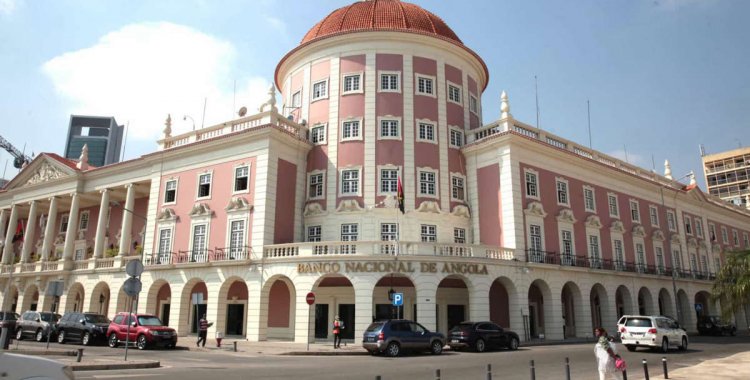José de Lima Massano, who was speaking at a press conference, after the meeting of the Monetary Policy Committee of the National Bank of Angola, said that the exchange rate action is now in the hands of commercial banks, oil companies, diamond companies, the national treasury and more recently, by invitation, from airlines and insurance companies, through a Bloomberg platform.
According to José de Lima Massano, "they are free to transact and negotiate the currency there in the terms they deem appropriate".
However, it appears that "there is a supply of foreign exchange, at that time, above demand, and it has been recurrent in this second half of the year, - and we BNA are sometimes forced to intervene, not changing the exchange rate - but acquiring currency".
The governor of the Banco Nacional de Angola underlined that earlier this month, the bank had to organize an auction, for having acquired currency from the market, due to difficulties in absorbing it, to resell.
"We are talking about around 150 million dollars, of which the BNA managed to resell to the market around 20 million dollars and this week [...] we proceeded to acquire 100 million dollars from the treasury, because the market is unable to acquire", he stressed.
This situation may arise, continued José de Lima Massano, from various reasons, namely not having high demand at this level of rates, not having operations stopped due to lack of exchange coverage, among others.
"Today, the currency appreciated again, commercial banks acquired the currency below the average market reference rate and, therefore, the kwanza appreciated again, and in these terms, what remains for the BNA is to try to maintain this sense of stability and there where possible, reduce volatility," he said.
With regard to the informal market, the central bank governor recalled that when the reform program began, a differential between the official and informal market of around 20 percent was expected at the end of this term.
"Because we had started from a base, a very expressive differential, which was around 150 percent. The market was so unstructured that exchange transactions took place in the informal market," he recalled.
The governor of the National Bank of Angola said the target has been achieved, but work continues to the point today for the central bank not necessarily to be a concern.
"Our concern at this level is still with our fellow citizens, companies, who for one reason or another still feel the need to carry out transactions on the street, running all the associated risks, counterfeit bills, resources that are diverted, money laundering capital", he stressed, stressing that a point of balance has been reached, "where demand and supply are determining the exchange rate".
In October, the foreign exchange market registered an appreciation of the kwanza of around 0.61 percent against the US dollar, raising the accumulated appreciation for the year to 8.83 percent.
In the same period, commercial banks purchased a total of 863.05 million dollars from the market, a slight increase compared to the 824.72 million dollars acquired in September, with supply exceeding demand, which explains the appreciation of the national currency.







